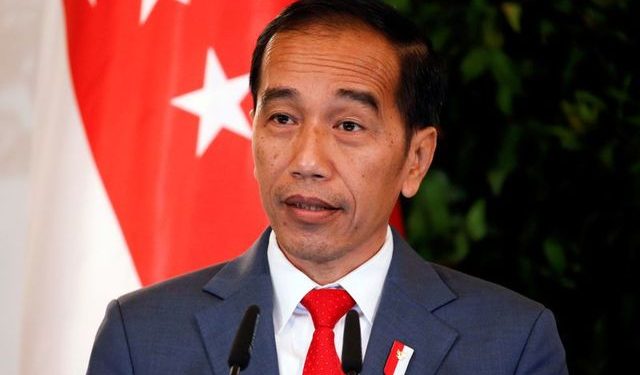Indonesia’s economy is recovering from the shock caused by Covid-19. The sovereign’s credit profile could still face risks in the event of a weakening of its policy framework or sustained outflows from a shift in investor sentiment, but these scenarios do not form part of our baseline assumption, says Fitch Ratings.
We forecast Indonesia’s GDP growth to recover to 5.3% in 2021 and 6.0% in 2022, which will also support the recovery of corporate issuers. However, slow progress on vaccination and the continued spread of Covid-19 mean near-term growth is subject to downside risks.
Lingering risks to Indonesia’s economic outlook will not necessarily pose a threat to its ‘BBB’/Stable credit rating, which we affirmed in March 2021. We expect growth to return to high rates relative to rating peers after the pandemic, based on our view that medium-term economic scarring for Indonesia should be modest.

We view a further significant rise in the public debt burden over the next few years as unlikely, given Indonesia’s prudent fiscal record. However, continued resort to monetary financing of the deficit, beyond that currently envisaged by the authorities through 2022, could be negative for the credit profile to the extent it weakens the policy framework and undermines macroeconomic stability.
A sustained decline in reserves, resulting from capital outflows and foreign-exchange intervention, could also be negative for the credit profile. Indonesia is often hit during bouts of global risk aversion, given its open capital account and relative dependence on portfolio inflows to finance its current-account and budget deficits.
We believe the impact of higher US rates on the credit profile over 2021-2022 will ultimately depend on the authorities’ policy response.








